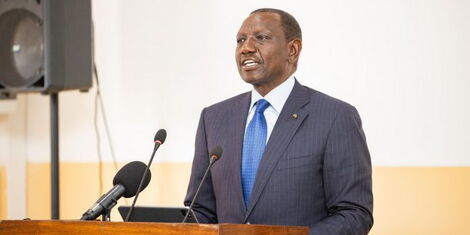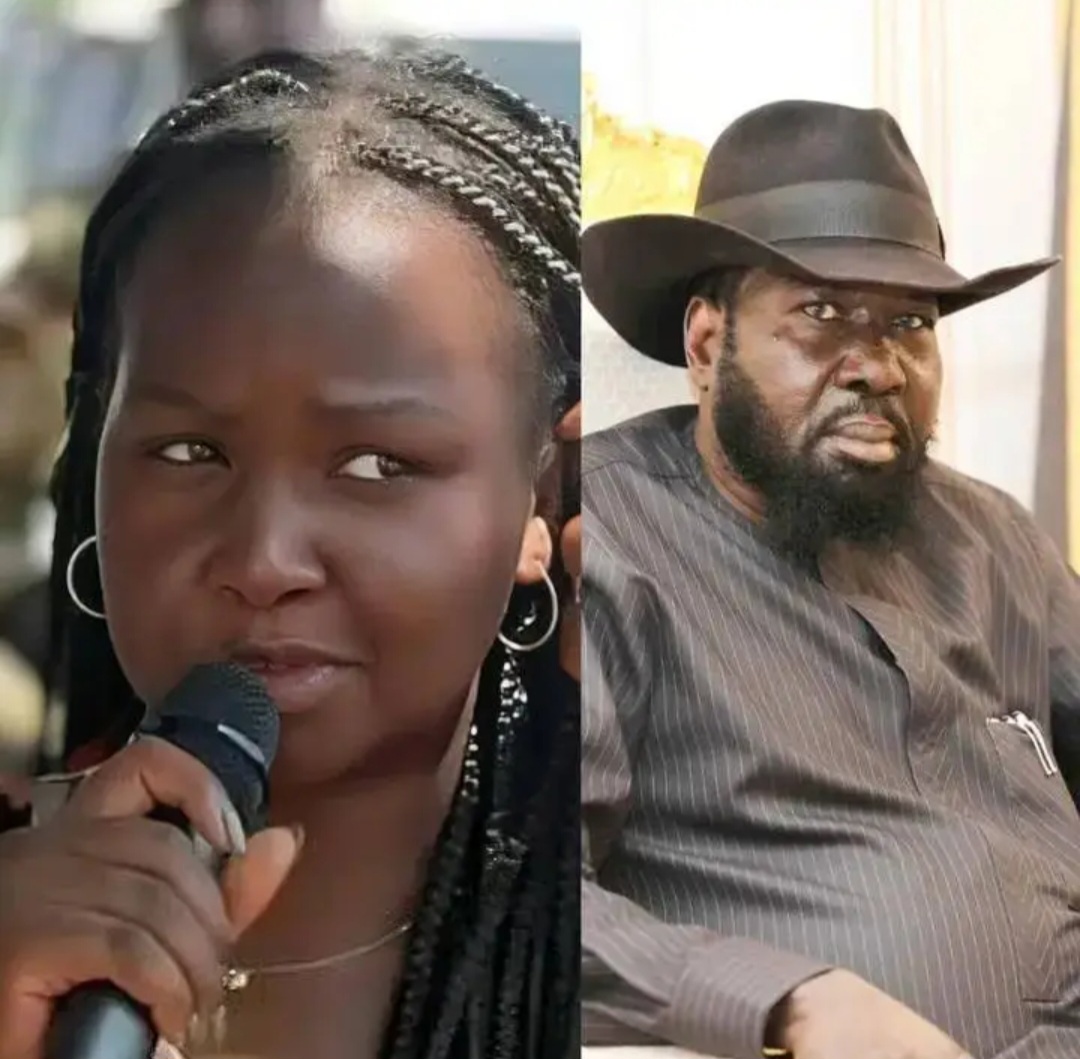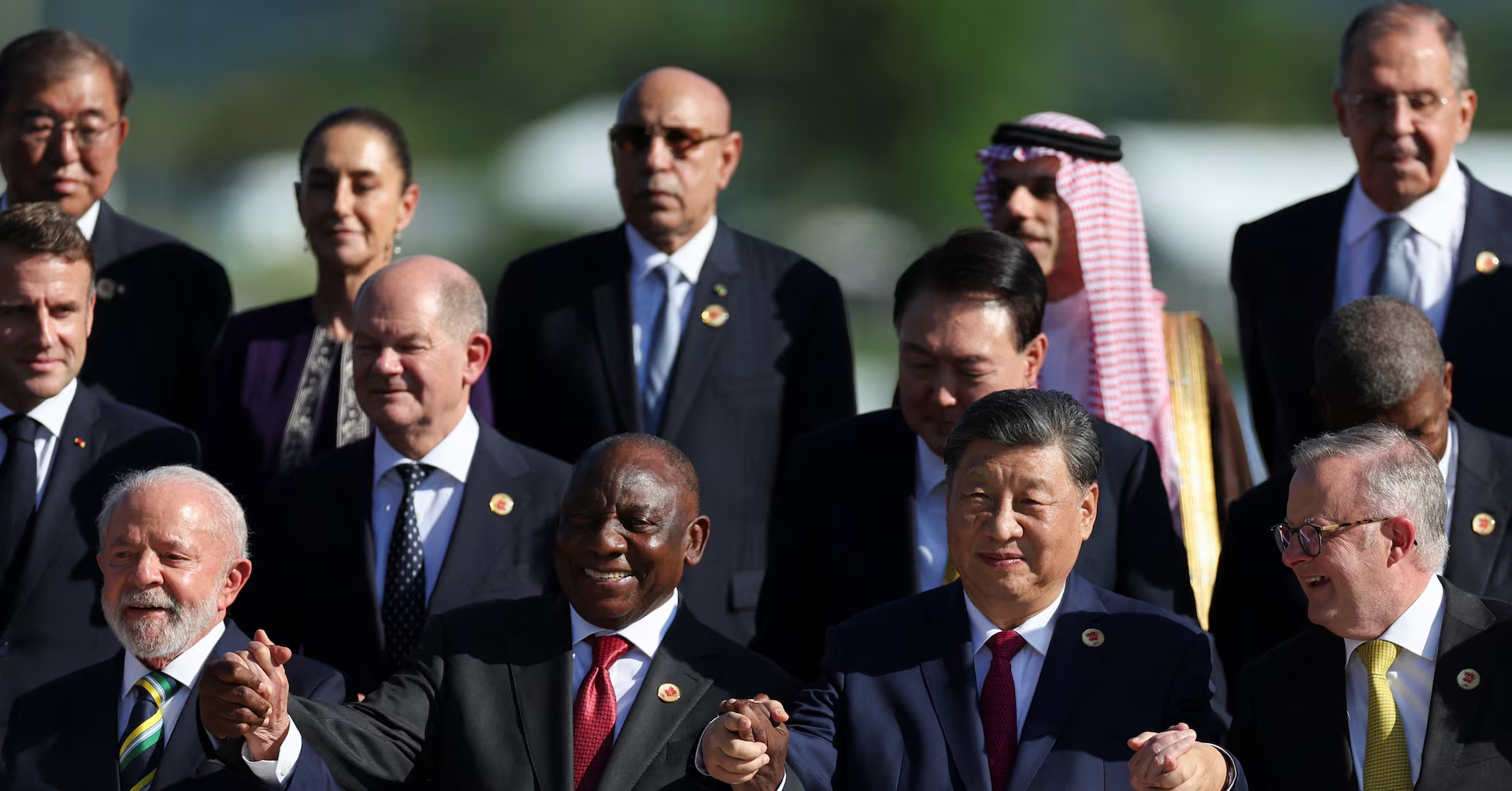South Sudan’s President Salva Kiir is under fire after appointing his daughter, Adut Salva Kiir, to a senior government position. The move has triggered strong accusations of nepotism and renewed debate about governance in Africa’s youngest nation.
Adut’s New Role
Adut was named Senior Presidential Envoy for Special Programmes in August 2025. The position gives her influence over national projects, international partnerships, and investment programs. Supporters say she is qualified for the role. Critics, however, see the move as a clear sign of family favoritism.
Public Reaction
Civil society groups and political activists condemned the appointment. Ter Manyang Gatwech, a governance activist, called it “direct nepotism,” insisting that leadership roles must be earned through merit and competence, not family ties.
The decision has fueled anger among citizens who feel the government is concentrating power within the president’s family. Many worry that this will reduce accountability and weaken already fragile institutions.
A Regional Trend
Analysts point out that Kiir’s move reflects a broader East African trend of dynastic politics. In several countries, powerful leaders have appointed relatives to government roles, sparking concerns of inheritance-style governance.
International observers, including democracy watchdogs, have urged South Sudan to promote transparency and inclusivity in leadership. They warn that nepotism could damage the country’s global reputation and slow down peacebuilding efforts.
What It Means for South Sudan
President Kiir has ruled since South Sudan’s independence in 2011. His critics argue that appointing family members risks deepening authoritarian control. Supporters claim the move ensures loyalty in government.
For ordinary citizens, the controversy highlights a bigger issue: the urgent need for a government built on fairness, accountability, and strong institutions, not family ties.




















